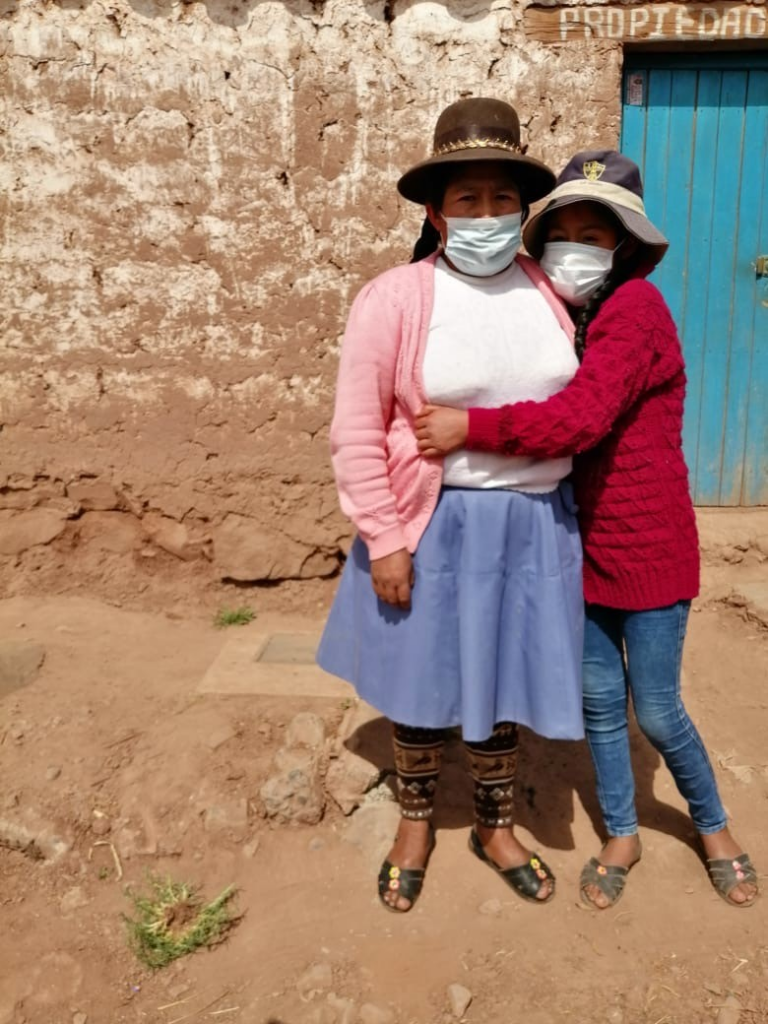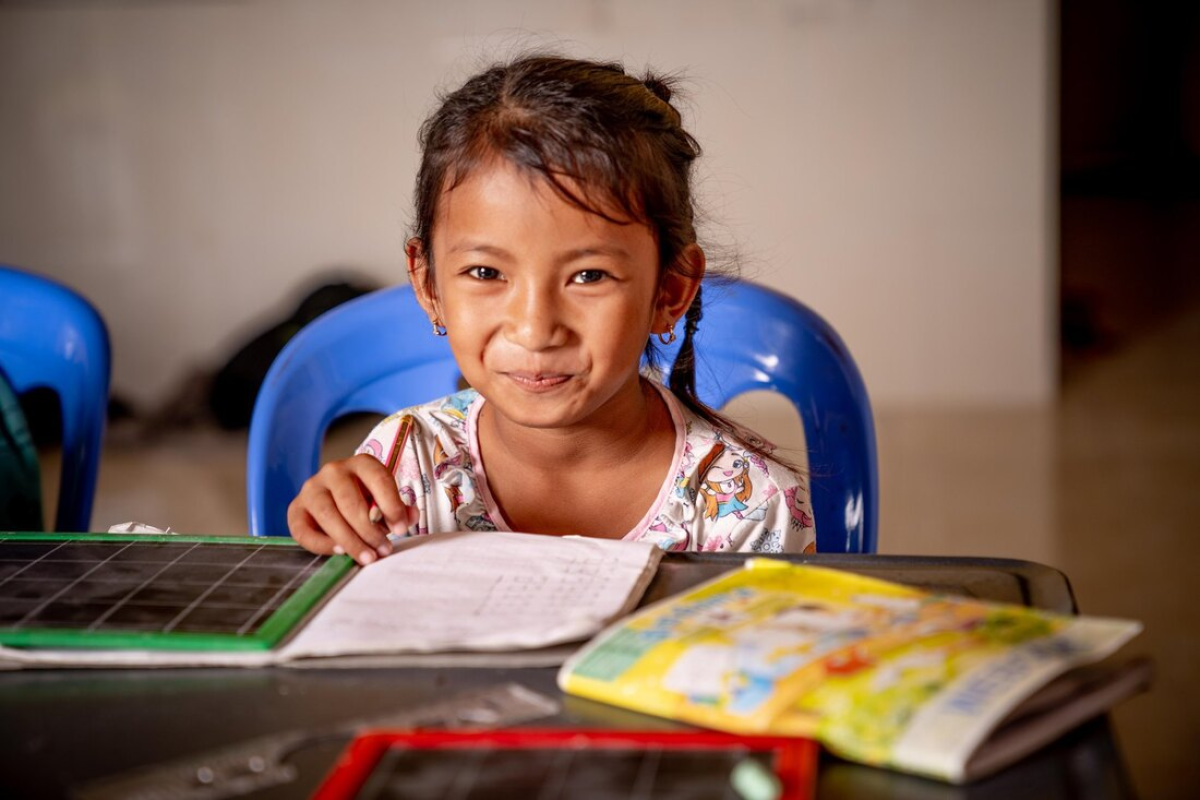eThe gender and poverty connection
Extreme poverty disproportionately affects women as they do not have the same opportunities as men to receive an education, work, or own property. Without the means to break out of poverty, the cycle continues, limiting the opportunities for their children.
Achieving gender equality through the empowerment of girls and women benefits everyone, which is why it’s a United Nations Sustainable Development Goal (UN SDG 5).
As an organisation working towards a brighter future for all, Intouch Global Foundation is committed to tackling discrimination and meeting the goal of gender equality by creating better education and health systems for boys and girls, men and women.
Why gender equality matters
Gender equality studies tell the same story: the only way to sustainably alleviate poverty is to focus on initiatives to help women empower themselves.
In many countries, a woman cannot own land or inherit money, has no legal protection from domestic abuse, is prohibited from taking a job if her husband opposes the decision, and can only get access to credit, own a business, or apply for a passport if a male relative signs off.
Girls start missing out on opportunities to reach their full potential at a young age. Families living in poverty often decide to send their boys to school instead of their girls or allow their daughters to enter into child marriages. Once consigned to the home, women then miss out on the opportunity to earn their own money.
Menstruation is another barrier that prevents girls from attending school if they do not have access to adequate information about their periods, safe water and sanitation, or menstrual products. Girls are also more vulnerable to gender-based violence, conflict and trafficking.
Central to empowerment initiatives are education and employment. By providing a better education for young girls, we equip them with the skill sets to access job opportunities. More employment options translate into increased independence and income, enabling women to be the agents of change in their own lives.

Increasing women’s economic equality would reduce poverty for everyone
Turning women into earners not only builds self-esteem but improves their standing in the community, enabling them to pool resources and improve infrastructure. Research shows that women will reinvest up to 90% of their income on health, nutrition, and education for their families, improving the next generation’s quality of life and prospects.
Gender equality has been proven time and time again to stimulate economic growth, which is crucial for low-income countries. UN Women report that in developed countries, half of the economic growth over the past 50 years is attributed to girls having better access to education, as well as increases in the number of years of schooling between girls and boys.
We cannot hope to end extreme poverty without first tackling gender equality. To achieve this, we need a human economy that works for women and men alike.





